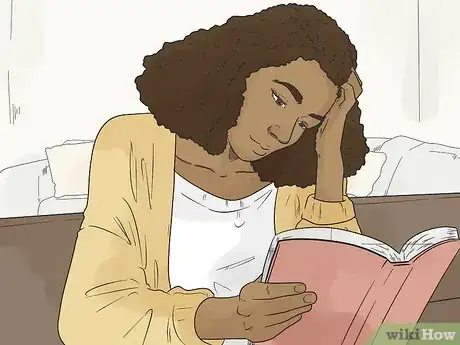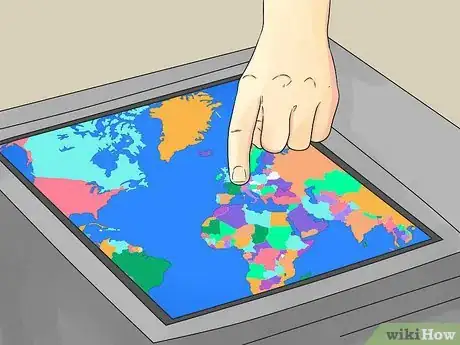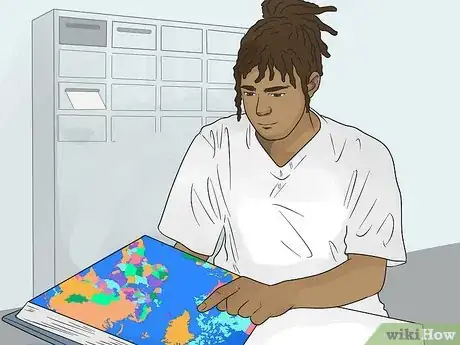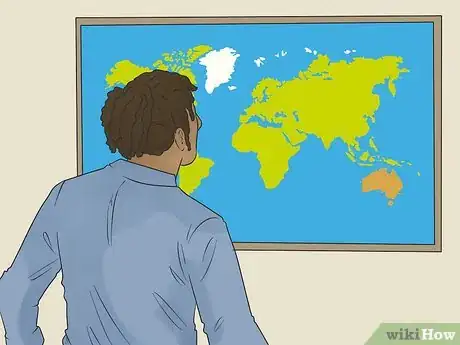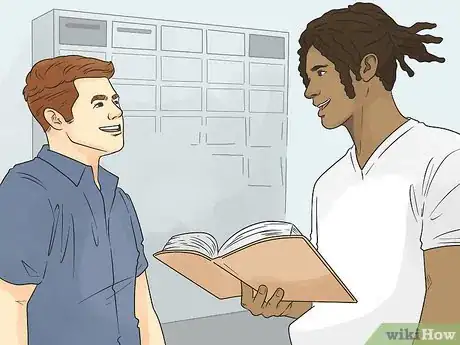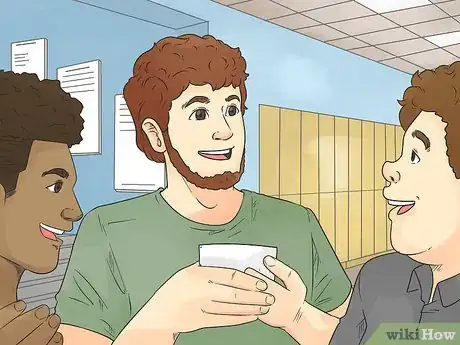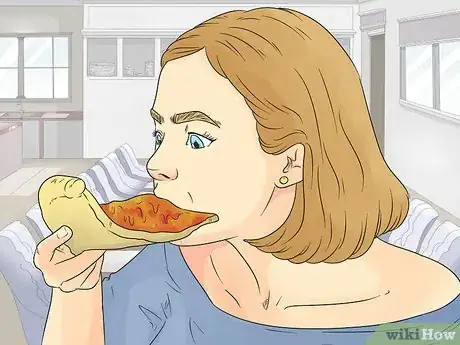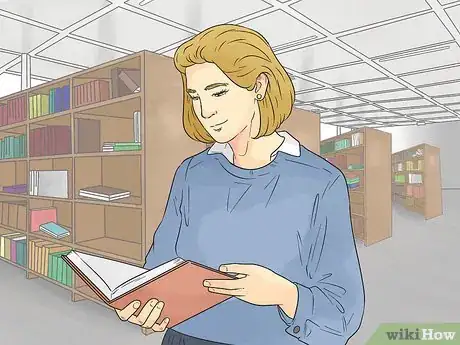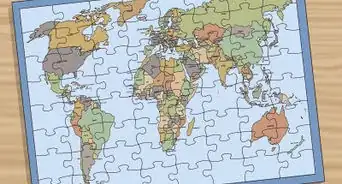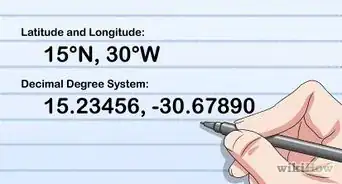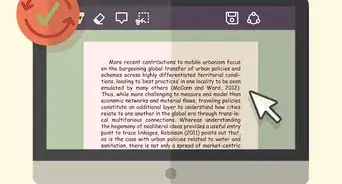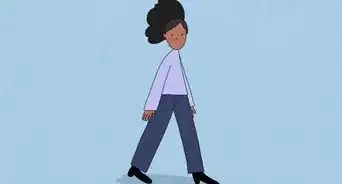wikiHow is a “wiki,” similar to Wikipedia, which means that many of our articles are co-written by multiple authors. To create this article, 38 people, some anonymous, worked to edit and improve it over time.
This article has been viewed 108,054 times.
Learn more...
Being good at geography is a useful and desirable skill, as well as fascinating in its own right. Here's how to immerse yourself in geographical information so that you can't help but become a master.
Steps
Reading
-
1Read. You can spend enjoyable hours browsing through encyclopedias, all the while picking up tips ranging from the names of world capitals to an understanding of how a river system affects a particular country. Sets are a dime a dozen these days, so if you are willing to pick up one which is a few years old, these can often be found at a thrift store, or if not, you can always check your local library.
- Read books about countries, landmarks, oceans and weather as these are extremely important in Geography.
- Don't read hard books at the start, read children's and teenager's books to gradually build up your knowledge.
-
2Get a subscription to a weekly newspaper or news magazine. In reading one or two articles a week, you will learn about cultures and follow the news. This will help you remember the general locations of places. If a country is having trouble with tidal flooding, for example, it is probably located on a coast.Advertisement
-
3Visit your local library often and read articles from such magazines as National Geographic. This publication offers in-depth information with engrossing photography.[1]
Using maps
-
1Gaze at maps. Get yourself a good atlas. Some of the larger bookstore chains offer quality atlases for reasonable prices. Whether you want to memorize the countries or just familiarize yourself with the major mountain chains, maps are a good place to start.[2]
-
2Post a world map on your wall and refer to it whenever a geographical question occurs to you. If your mom tells you that you have a cousin in Mumbai, go to the map and see just where that is. If there has just been a 6.5 earthquake in Hawaii, check the map to find the location of the epicenter. Locating places in this way will help them stick in your mind.[3]
-
3Study flags and country locations.
-
4Test yourself or ask a friend to question you. To make it trickier, test yourself on population amounts and capitals.[4]
Using other activities
-
1Watch TV. Information about cities, cultures, and populations can be found on shows like Jeopardy, The Weather Channel, CNN, the BBC, or your local news. Watch the listings coming up for the Travel Channel, the Discovery Channel and the History Channel, and don't forget public TV.[5]
-
2Play games based upon names of countries or towns. Suppose you say "California". "California" ends with the letter "A", then your friend says the name of a place which starts with "A". Say "Amsterdam" (the Dutch capital city). Then you say the name of some place which starts with "M". Say "Mexico" and so on... This way you can have fun and at the same time you will learn from others too!
-
3Make and eat food from other cultures. Try sampling foreign cuisine.[6]
-
4Study another language as this is also good for geography.
Having international experiences
-
1Travel. Even traveling locally can help expand your understanding of how geography has shaped the world. For example, if you visit a historic town nearby, you may learn at a museum or visitor's center just which geographical features enticed the town leaders to build there.[7]
- When you are traveling to other places, you can learn about agriculture and which kinds of crops and fruits are grown in season.
-
2Get an email pal or pen pal. Regular correspondence with a friend living overseas can expand your knowledge beyond what you can learn from books.
Community Q&A
-
QuestionHow do I memorize my notes?
 Community AnswerRead them over and quiz yourself. If need be, copy the notes you took in class to another notebook.
Community AnswerRead them over and quiz yourself. If need be, copy the notes you took in class to another notebook. -
QuestionWhich country has the largest population density in the world?
 Community AnswerMonaco is the most densely populated nation with a population density of 25,718 people per sq. km.
Community AnswerMonaco is the most densely populated nation with a population density of 25,718 people per sq. km. -
QuestionWhich is the largest island in the world?
 Community AnswerGreenland is the largest island in the world, with an area of 822,700 square miles.
Community AnswerGreenland is the largest island in the world, with an area of 822,700 square miles.
References
- ↑ https://www.nationalgeographic.org/education/student-experiences/geobee/study/study-resources/
- ↑ https://www.nationalgeographic.org/idea/fun-geography/?page=2
- ↑ https://askabiologist.asu.edu/explore/biomes
- ↑ https://www.uopeople.edu/blog/why-is-geography-important/
- ↑ https://uil.unesco.org/lifelong-learning/learning-cities
- ↑ https://www.nationalgeographic.org/idea/fun-geography/?page=2
- ↑ https://www.gse.harvard.edu/news/21/03/educational-benefits-travel
About This Article
If you want to be good at geography, start by studying the flags and country locations on a world map. Then, study details like capitals and population amounts, and test your memorization skills by having a friend quiz you. With a friend, you can also play games based on country and city names. For example, if you say “California,” which ends in “A,” your friend has to state a city that ends in the letter “A.” For more tips, like how trying foreign foods and and learning a different language can help with your geography skills, scroll down.
